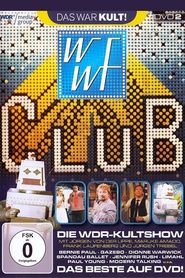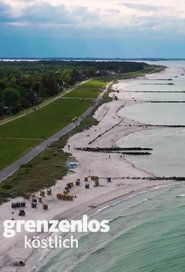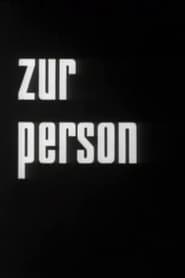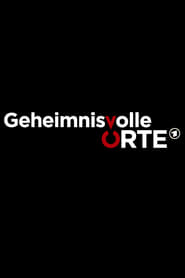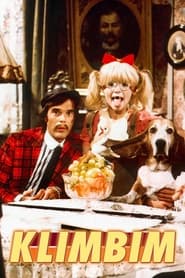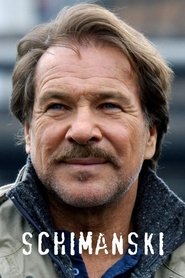Wdr Fernsehen TV Series - Page 3
-
Im besten Alter
1992
Im besten Alter
1992
-
Die Wiwaldi Show
2012
Die Wiwaldi Show
2012
-
6 Richtige
1983
6 Richtige
1983
-
Zur Person
1963
Zur Person
1963
-
Meisterküche
2015
Meisterküche
2015
-
Plasberg persönlich
2008
Plasberg persönlich
2008
-
Geheimnisvolle Orte
2004
Geheimnisvolle Orte
2004
-
Prix Pantheon
1995
Prix Pantheon
1995
-
Feuer & Flamme – Mit Feuerwehrmännern im Einsatz
2017
star 9.5This documentary series follows emergency services from various fire stations in the Ruhr area up close and portrays the people in their grueling everyday working life. -
Omaruru
1976
Omaruru
1976


